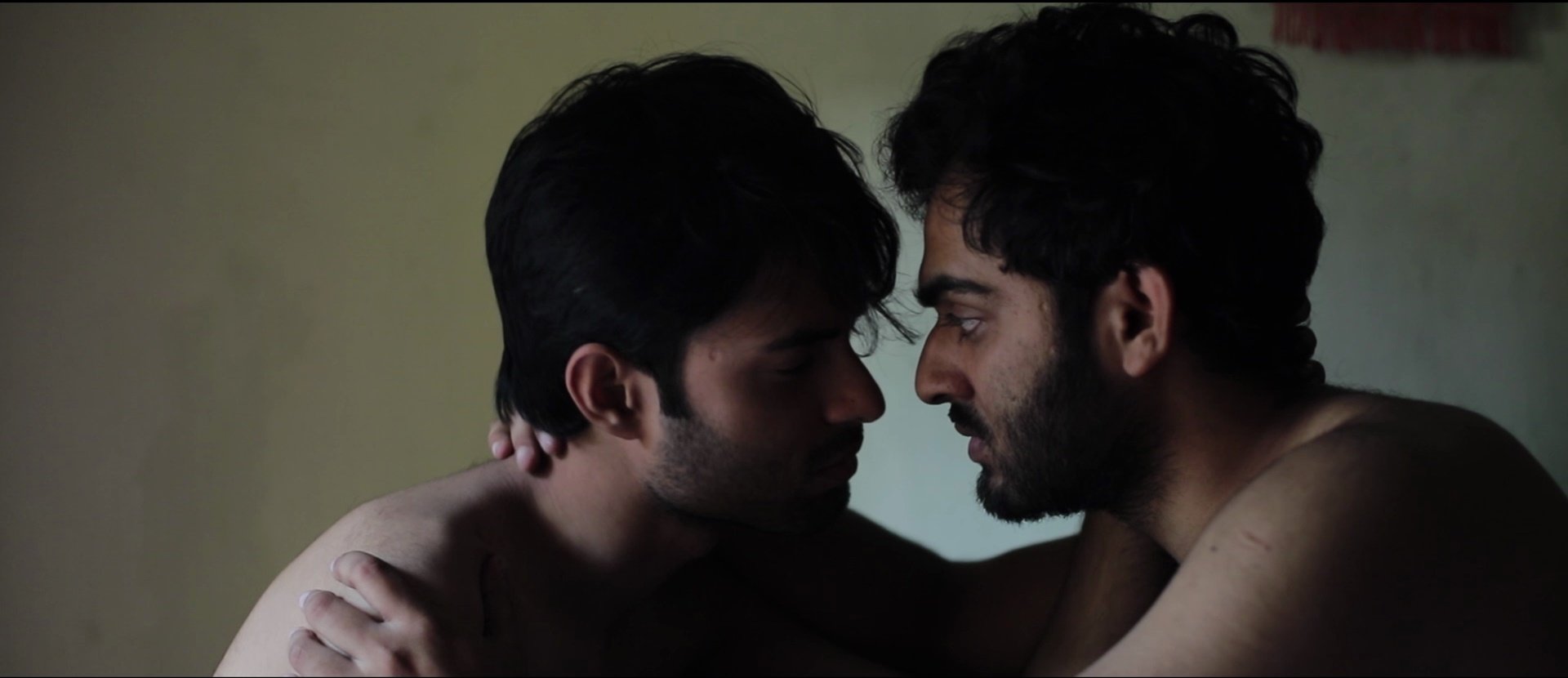Miss Man Review: It was during my college when the diversity of human identity overwhelmed me and I finally expanded my horizon to believe that an individual’s will to exist in the skin of his/her/their own identity is harmless to my will of existence. I was able to break a wall that was created by society, a wall that appears well built and thick but in reality, is a very insecure and fragile one. Upon this realization, I also stumbled upon a startling fact. I see people adhering to norms, conventions, dogmatism, and religious notions with a magnitude of conviction that surpasses their magnitude of belief in themselves. I always wonder at the superficiality of the hate and bitterness people create in themselves to push some people to the margin. It is startling to see people getting insecure about things that are absolutely harmless to them. Personal identity is one such thing.
The spectrum of light appears to be separated in 7 colors upon refraction. Light is all around us. We have a vision because there is light. We can differentiate a flower from wax, wheat from corn, water from poison, and you from me because there is light. A light that gets absorbed and reflected in different ways to render different colors. Diversity is life. Why is, then, the diversity of human identity threatening to life for some people? Why is gender is not allowed to have its own spectrum? Conundrums are many, but the solution is just one. Acceptance.
Related to Miss Man – How Paatal Lok Highlights The Impasse Of The Transgender Community In India
Tathagata Ghosh’s Miss Man is a short that raises the aforementioned conundrums aggressively and ends up highlighting the eventual fate of people who are not allowed to seek solutions. Intolerance plagues every section of the community. Perplexity can be solved through experience and eventual acceptance. But when perplexity is met with hate and violence, it turns into a crisis which poisons the consciousness of an individual and kills him/her/them gradually. Tathagata makes deft directorial choices to prevent spoonfed exposition and allow the audience to solve the equation themselves.
Information is scattered into pieces by Amir Mondal’s edit to create a distorted narrative that refuses to streamline itself. Consequently, what you receive is not a tightly knit string of rope but a delicate string of pearls. It is important because even though the jewelry may cease to exist if the string is broken, the pearls remain valuable. Similarly. the segments of Miss Man are valuable in isolation because each reveals something or the other about aspirations, needs, journey, interactions, and thoughts of an individual.
While I am completely overwhelmed with the editing and sound design of the short feature, the latter of which contributes significantly to the establishment of a crude, noisy, and ruthless environment, I do not find myself completely convinced with the cinematographic angles chosen to shoot some of the portions of the film. That being said, the color grading works brilliantly to strip all the warmth from the film, and some frames are extremely beautiful to look at. I would take the opportunity to exclusively mention all the frames that capture the boat.
Also, Read – A FANTASTIC WOMAN AND THE FOREIGN LANGUAGE OF LOVE
Any review will be incomplete if I fail to mention the significant half of the film, shouldered by an extremely empathetic performance by Arghya Adhikary. He is aware of the presence of his character in every shot. He commits to his performance in a way that pushes the audience to retrospect about all Manobs they have met in their own life, and are still in the vicinity of. I am glad to receive such stories from independent filmmakers such as Tathagata who are devoted to the cause of cinema. It entertains my hope and preserves my optimism for India’s cinematic future.






![Don’t Think Twice [2016] Review – A Delightfully Layered Dramedy](https://79468c92.delivery.rocketcdn.me/wp-content/uploads/2016/11/Dont-Think-Twice-cover-768x512.jpg)
![Phantom Thread [2017]: A Perverse Fever Dream of Love](https://79468c92.delivery.rocketcdn.me/wp-content/uploads/2018/02/Phantom-Thread-768x462.jpg)
![I Am Mother Netflix [2019] Review – A Slick but Underwhelming AI-Themed Thriller](https://79468c92.delivery.rocketcdn.me/wp-content/uploads/2019/06/I-Am-Mother-Netflix-highonfilms-768x448.jpg)
